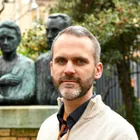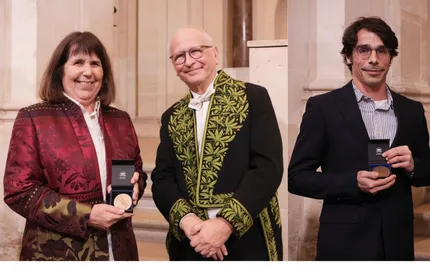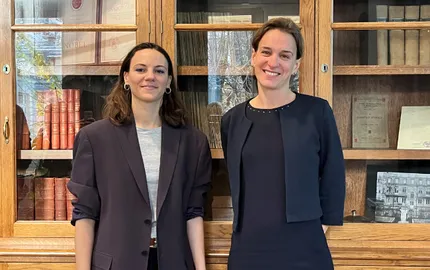- Home >
- Units research >
- Children’s Oncology Research Unit (CONCERT) (U1330)
Presentation

Pediatric cancers are the second leading cause of death among children in developed countries although considerable progress have been made in the treatment of these cancers over the last decades. Recent studies have confirmed the existence of numerous types of pediatric cancers, and several entities are still associated with poor outcome and current treatments could cause severe side effects that compromise the social and professional lives of survivors. Most of these tumors originate from embryonic tissues and it is well accepted today that the molecular mechanisms at the origin of these tumors are distinct from adult cancers.
In that context, we have newly created at the institute curie an environment specifically dedicated to pediatric cancers, bringing research teams in close proximity to the pediatric oncology department: the “Children’s ONCology rEseaRch uniT, CONCERT”.
The core of this unit is a model unique in France to date and focuses on difficult-to-treat solid cancers of children; medulloblastomas, neuroblastomas, rhabdoid tumors and Ewing sarcomas.
Our vision is to tackle questions in taking into consideration specificities of these pediatric cancers and focusing on fundamental and translational questions related to the understanding of, for instance, the cell of origin, the tumor cell plasticity, the immune pediatric environment, cell-cell interactions within a pediatric environment, early biomarkers, etc.
Our unit works along four main research axes that fully cover our specific interests:
1. Tumor cell plasticity, epigenetic reprogramming and cell of origin in solid pediatric tumors
2. Tumor microenvironment and novel immunotherapy approaches in pediatric cancers
3. Signal transduction pathways and
4. Interceptive medicine for childhood cancers
Together, we hope, through a multidisciplinary approach, deciphering vulnerabilities points in pediatric cancers towards the development of novel targeted therapies. Importantly, we wish to establish the roots for our vision of the first pediatric comprehensive research program and, foster along, existing collaborations with other research Units within the Institut Curie but also novel and exciting collaborations at the national and international levels.














